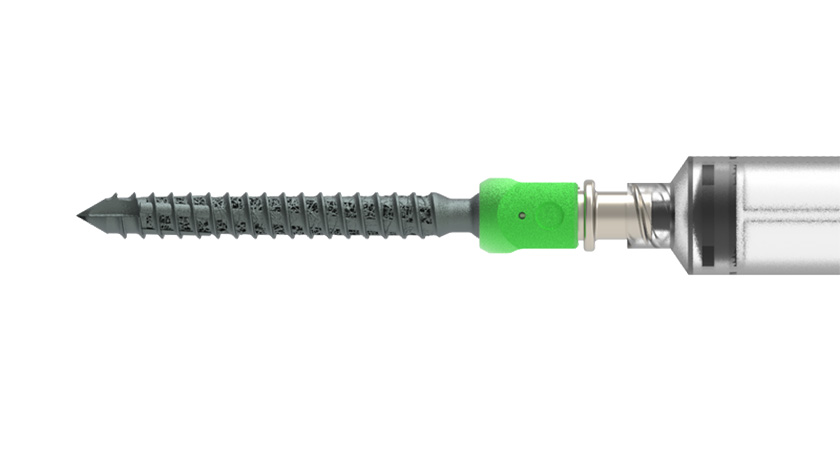
Orthopedic companies are implementing artificial intelligence (AI) and machine learning (ML) to derive new insights from the vast amount of data generated throughout the continuum of orthopedic care. How that data is collected and used to diagnose, treat and monitor patients is highly regulated across the world.
The Orthopaedic Surgical Manufacturers Association (OSMA) dedicated its Spring Meeting to the topic of the digital health regulatory landscape. The organization invited industry, FDA, notified bodies and software and regulatory experts to discuss numerous digital health initiatives, including applications of AI and ML.
AI/ML are strategic priorities of FDA and an area in which the agency is actively issuing updates through discussion papers and guidance that outline its position and recommendations. In March, four FDA centers, including the Center for Devices and Radiological Health (CDRH), issued an AI/ML paper on how they plan to collaborate to safeguard public health, advance the development of regulatory approaches that support innovation, promote the development of harmonized standards, guidelines, best practices and tools, and support research related to the evaluation and monitoring of AI performance.
FDA leadership realizes it cannot use the same framework to regulate software and medical devices. CDRH has authorized 700 AI/ML-enabled devices.
Much of the conversation about AI/ML at the OSMA meeting centered on Predetermined Change Control Plans (PCCPs), a topic that has received draft guidance and guiding principles in the past 15 months.
PCCP is a document that describes what modifications will be made to software using ML and how a company will assess the modifications throughout the Total Product Life Cycle (TPLC) of the device. Companies submit their PCCP as a standalone section of their market submission.
A benefit of a PCCP is that it allows manufacturers to make specific postmarket modifications without seeking new market authorization from FDA. However, significant considerations from R&D, marketing, new product development and regulatory assurance are required to develop a multi-year plan that outlines the modifications that will be made to the software in the future.
“It’s a tacit recognition by FDA that the way they regulate medical devices is not applicable to software,” said Manan Hathi, Senior Manager, Regulatory Advocacy Digital at Stryker. “Software is fast-paced, iterative and changes rapidly. FDA expects software products to be updated on a regular and frequent basis, so it is providing a pathway for specific machine learning device software functions that continually learn.”
In 2023, FDA issued draft guidance on market submission recommendations for a PCCP for AI/ML-enabled device software functions. PCCPs must include a description of planned modifications, a modification protocol and an impact assessment. The guidance indicates that modifications are acceptable if they relate to quantitative measures of the performance specifications, device inputs and the device’s use and performance. All modifications included in a PCCP must maintain the device’s intended use and indications for use.
“FDA wants specific details on the machine learning model,” Hathi said, adding that companies should not consider their modifications a wish list. “What will trigger the retraining of your model? How will you validate to ensure the machine learning device software functions are working as intended? FDA wants to see the entire device validated, not just individual units. Also, once you have validated it, how will you update the software that’s already in the field?”
In 2023, FDA, Health Canada and the U.K.’s Medicine and Healthcare products Regulatory Agency jointly identified five guiding principles for PCCPs. The guidance recommends that a PCCP is focused and bounded, risk-based, evidence-based, transparent and accounts for a TPLC perspective. Hathi noted that FDA is working on expanding guidance around PCCPs.
Teal Bjoraker, Senior Manager of Regulatory Affairs, Intelligent Data Solutions at Medtronic, spoke about the company’s use of a PCCP in a cardiac monitoring system. He stressed the importance of using the Q-Submission process to gain FDA insight on technology early on, and noted that building a relationship with the agency now will help as digital health moves to adaptive algorithms.
“It’s been a good experience for us to generate and develop the PCCP capability in-house,” Bjoraker said. “We want to get good at it so that we’re ready when we transition into the heavily scrutinized automated space.
CL
Carolyn LaWell is ORTHOWORLD's Chief Content Officer. She joined ORTHOWORLD in 2012 to oversee its editorial and industry education. She previously served in editor roles at B2B magazines and newspapers.




